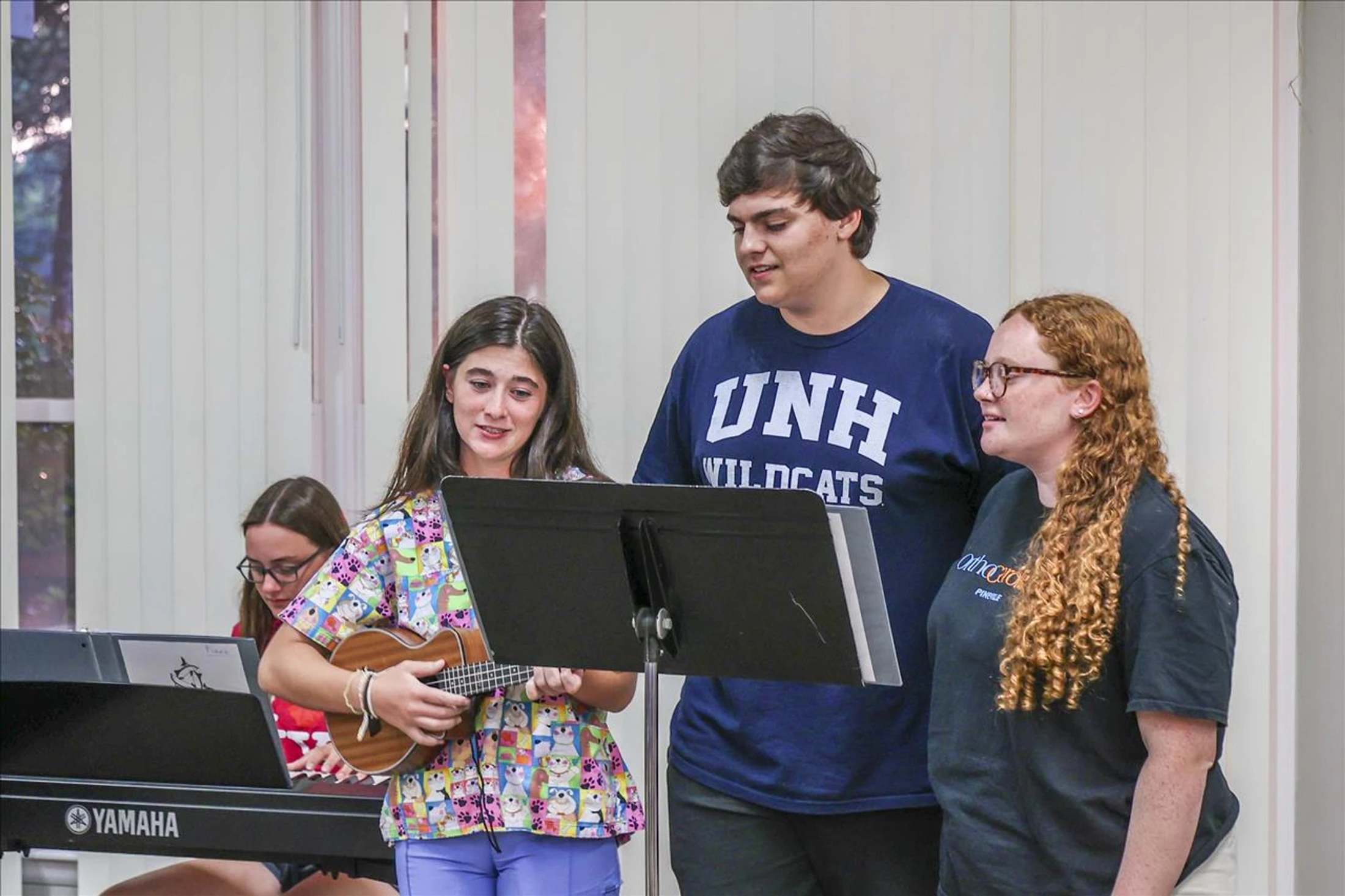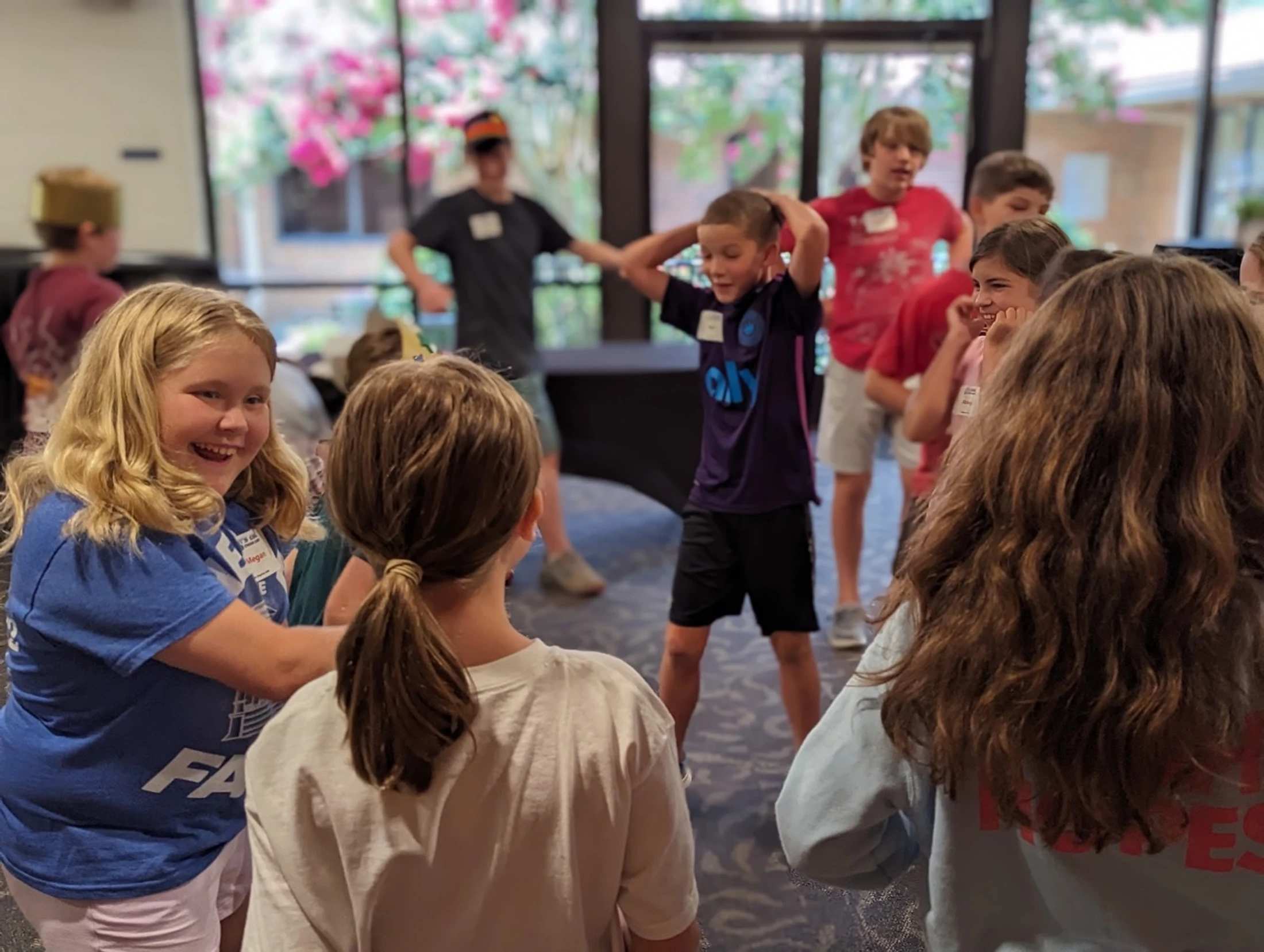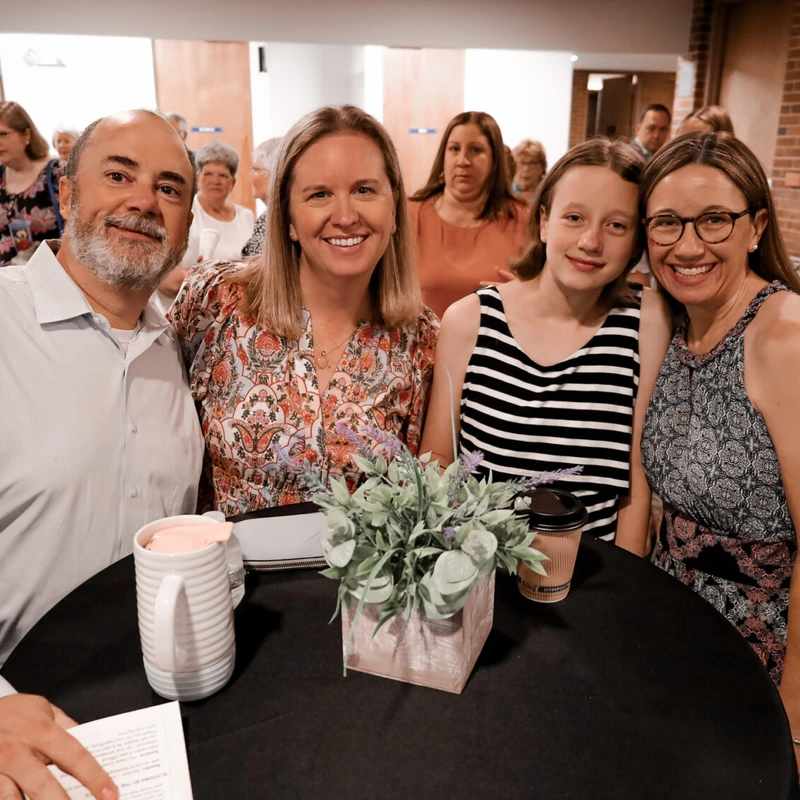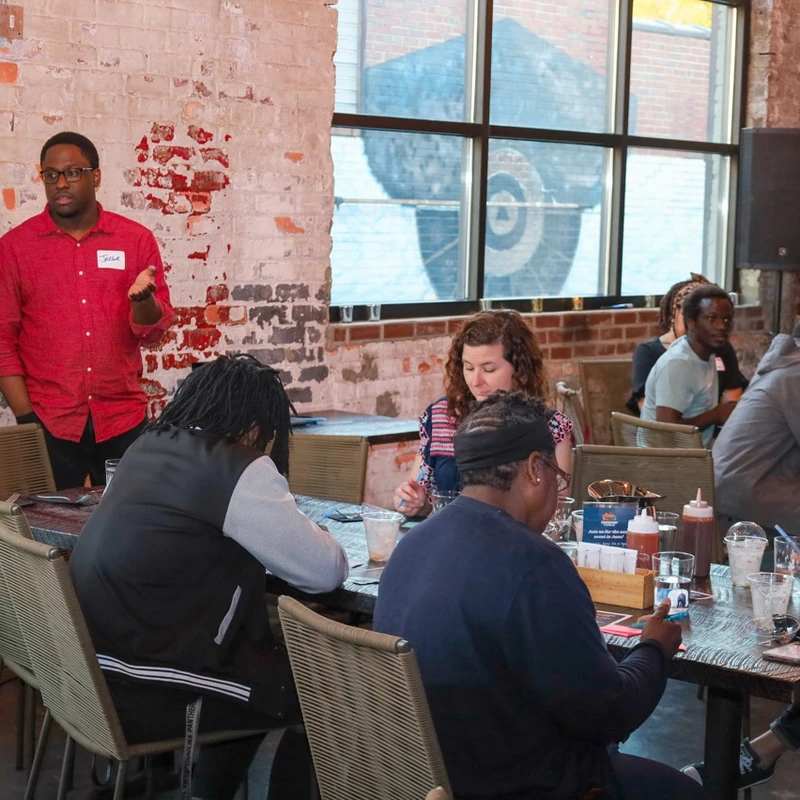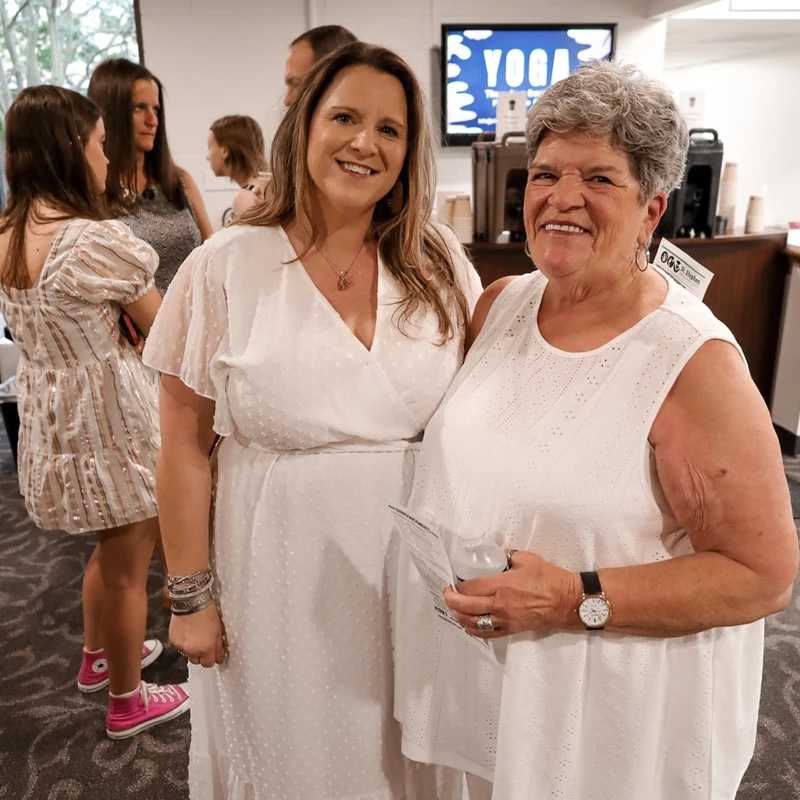Welcome to St. Stephen UMC
A church home for you in Charlotte, North Carolina
Experience worship at St. Stephen this Sunday, with three options: Traditional and online at 9am or Modern at 11am. In addition to weekly worship, we offer rich programming for children, youth and adults.


